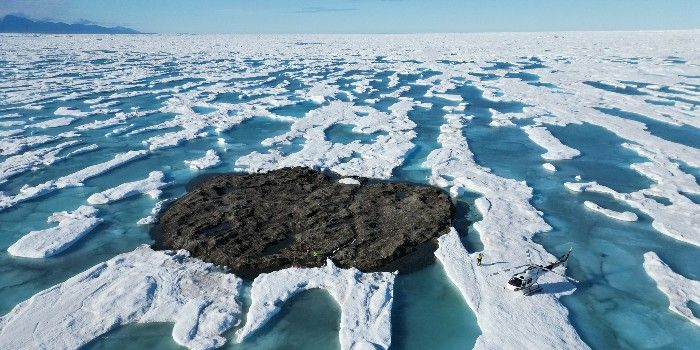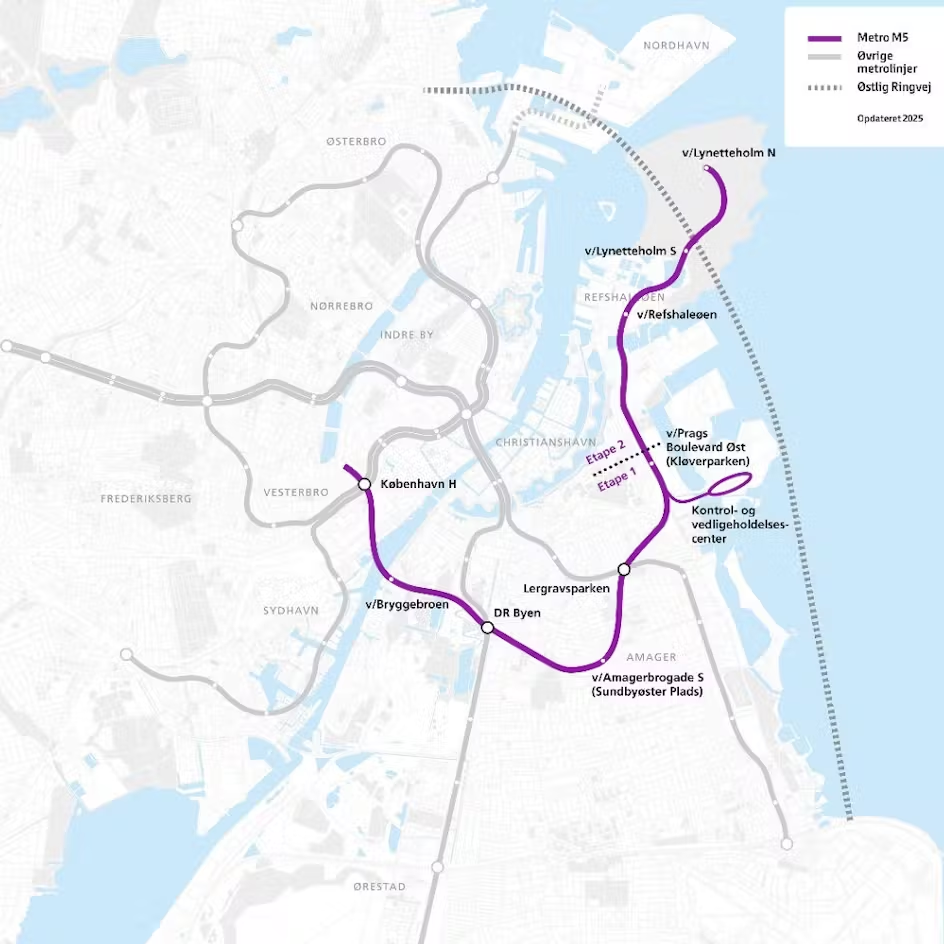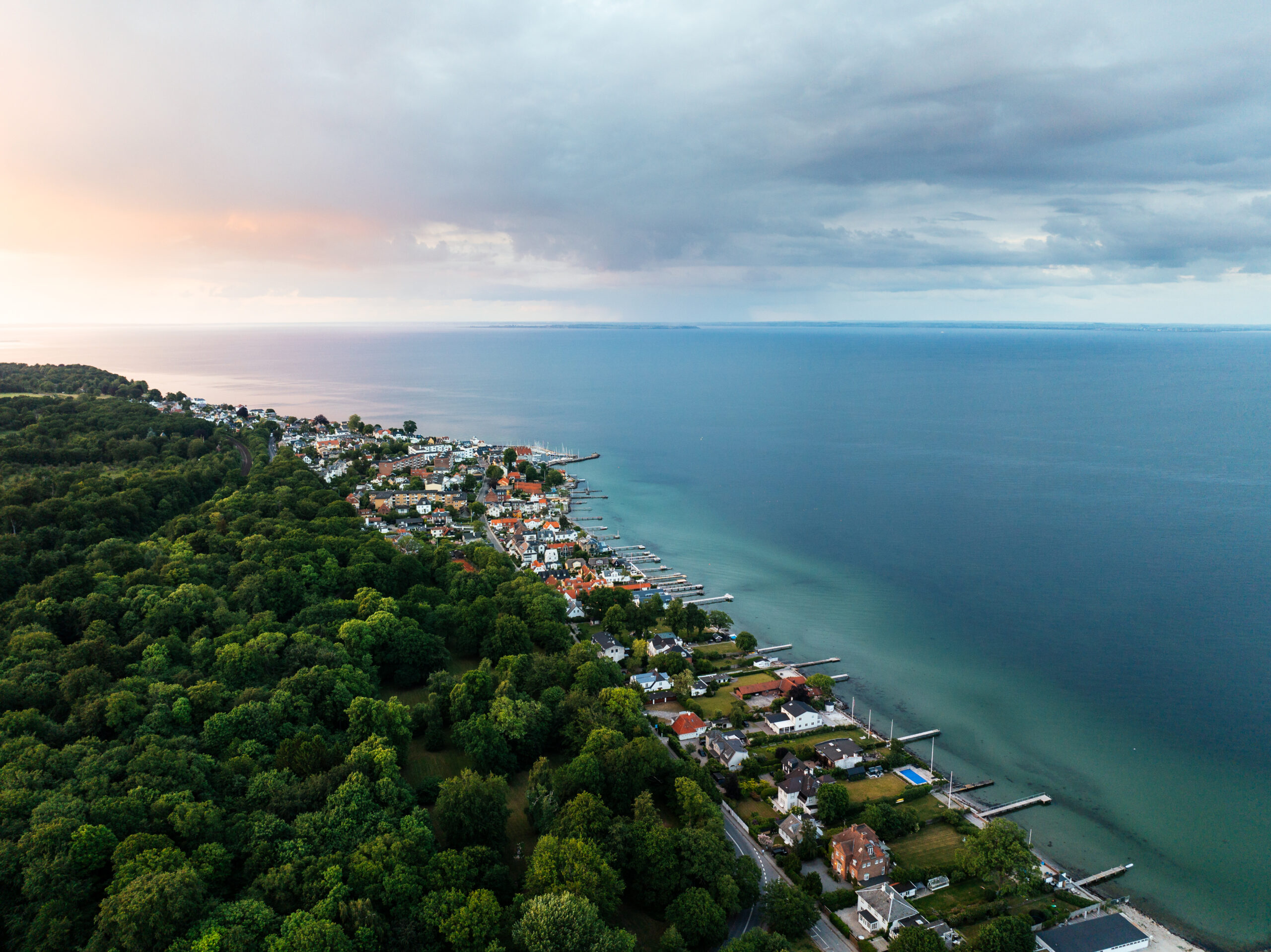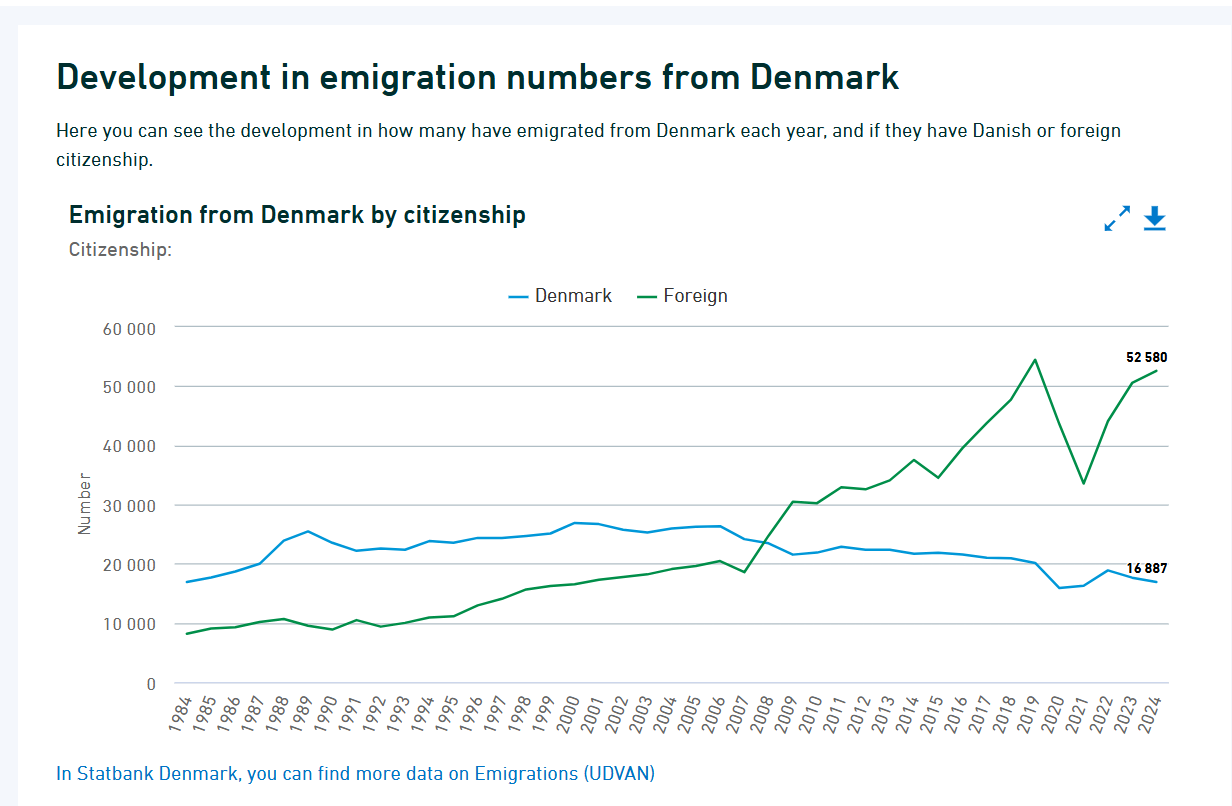The most northerly island in the world, was discovered in the Arctic near Greenland in 2021, is actually not what it seems.
Researchers from the Technical University of Denmark (DTU) have now confirmed that it is not actually an island but rather an iceberg covered in dirt, rocks and mud.
Many of these northerly ‘islands’ have been found throughout the years and have then disappeared again over time, such as islands Qeqertaq Avannarleq and Oodaaq, which were found in 1978.
Rene Forsberg, a professor at DTU Space, says that they are typically 20 to 30 meters wide and have a thin layer of rocks and mud on top.
READ ALSO: Danish researchers make startling blood donor discovery
Ice islands
Funds were given to send helicopters out to investigate the new island found last year and it was then discovered that the new formation was actually an ‘ice island’.
The Leister Foundation, which spearheaded the expeditions in 2021 and 2022, still views it’s efforts as a success.
The foundation has invited Danish and Greenlandic researchers to recommend new project ideas and activities in the Arctic region next year.
Benefits of living closer to one’s job
Researchers have uncovered that living closer to one’s job can make you a better boss. If a boss lives within 5 km of their workplace, it helps strengthen both job environment and productivity within the company. Out of the companies analysed, one third of them had ‘neighbourhood bosses’, which allows other co-workers to make larger decisions and be a part of the community. The effect of ‘neighbourhood bosses’ is, according to the research, even stronger when managers and their employees’ children go to the same school.
New humanitarian centre
The University of Copenhagen and the University of Southern Denmark (SDU) will establish a new humanitarian research centre after receiving 60 million kroner in donations from the A P Møllerske Støttefond foundation. The Nordic Humanities Centre for Challenge-Based Inquiry will be up and running in 2023 and has enough funding to run for its first six years. The centre’s research will involve understanding different nuances and perspectives of how to handle world crises and societal problems, such as the pandemic and climate change.
Tests for Mars mission passed
The oxygen machine, MOXIE, which Danish researchers from the University of Copenhagen are part of creating, has passed important tests since landing on Mars last year. The purpose of the machine is to prove that oxygen production is possible on the planet. MOXIE has produced 50 grams of oxygen, enough to keep an astronaut alive for 90 minutes. The news is satisfactory for NASA as it signals another step forward towards sending people to Mars in the 2040s. The researchers also learned more about how MOXIE can be optimised and scaled up in size to produce more oxygen.
More Danes quit smoking during the pandemic
Danish smokers bought a less tobacco and many quit smoking during the COVID-19 pandemic, according to research by the University of Copenhagen. Since March 2020, the number of cigarettes purchased in Denmark has dwindled and regular smokers bought 20 percent less tobacco than before the pandemic started. Meanwhile, 10 percent more smokers quit the habit altogether compared to before the pandemic. The data, collected by the app Spenderlog, could contribute to future anti-smoking campaigns.
Parasites can protect against bacteria
Plasmids are independent genetic parasites found in bacteria and have been found to contain a defence mechanism against other bacteria known as CRISPR-Cas. University of Copenhagen research found that plasmids can lead to better protection against dangerous bacteria. Originally thought to be a bacteria immune-system protector, researchers discovered CRISPR-Cas in 3 percent of over over 30,000 plasmid genomes. The find could lead to a better understanding of plasmids and help scientists research the possibilities of using bacteria to locate and fight other more dangerous bacteria by functioning as a genetic GPS.
Tanzania given access to lifesaving equipment
Tanzania has been given access to advanced technology which will help identify illness via a project with DTU. The technology helps identify sources of sickness in primitive circumstances and is now being used by hospitals in Tanzania. Investing in the systems used to research the spread and source of disease can be expensive, but DTU has developed a way for countries to have access to the technology through transportable equipment so that DNA data can be analysed and detected in under eight hours.
AI to lower horticulture electricity bill
As the electricity and energy prices have increased after the Russian invasion of Ukraine it has greatly affected horticulture in Denmark. Gas prices have increased by 700 percent since February 24 and electricity has doubled in cost. Researchers at SDU and Aarhus University have attempted to develop an algorithm that will help control the use of light for the horticulture industry. Researchers created a computer system which helps predict the weather and energy prices, as well as how much light will be needed for plants. The predictions are then followed by recommendations from DynaGrow relating to lighting efficiency, which will help horticulture businesses save at least 20 percent on energy consumption.
Money for research to help societal hindrances
A number of research groups have been created after Novo Nordisk Foundation agreed to donate 337 million kroner to the research of solving societal issues. Three main groups have been created and will be led by various researchers. The first group will research the ability of using resource materials for building projects as substitutes for oil-based materials. The second group will help develop softer materials and technology, known as Wearables, that can function as an artificial muscle to help support more complex movements by integrating them in clothing. The third group will help the prevention of inflammatory intestine diseases by researching the interaction between immune cells and environmental signals from food and intestinal bacteria.
New technology for early diagnosis
Researchers from Aarhus University have developed technology that will help diagnosing a list of diseases earlier in order to treat the diseases sooner and more effectively. At iNANO, scientists have created APTSHAPE, tech that uses billions of biosensor molecules to detect proteins and metabolites. It has been used to detect bladder cancer, which leaves behind specific proteins in the blood. Open Discovery Innovation Network is currently researching the technology as a tool that can be used to identify other diseases, such as liver cancer, kidney cancer and Parkinson’s disease.
PHD students to develop feeling senses in prosthetics
PHD students at Aarhus University are currently researching the potential of including electric neurons in artificial skin and prosthetics in order to create sense of touch and feel for patients. The neurons can help prosthetics, for instance, feel heat rays from the sun, sand between toes, and even pain. They are still waiting for a research fellow to make the study a reality.


















